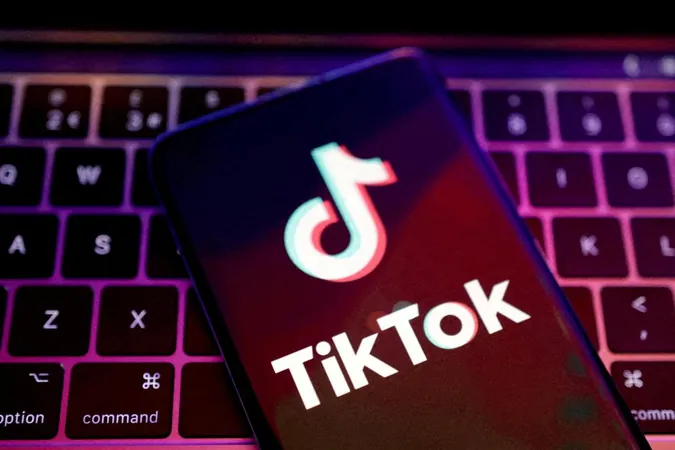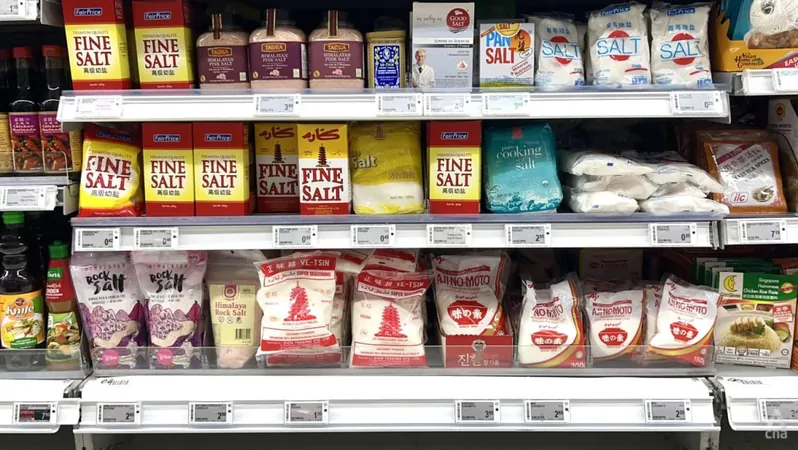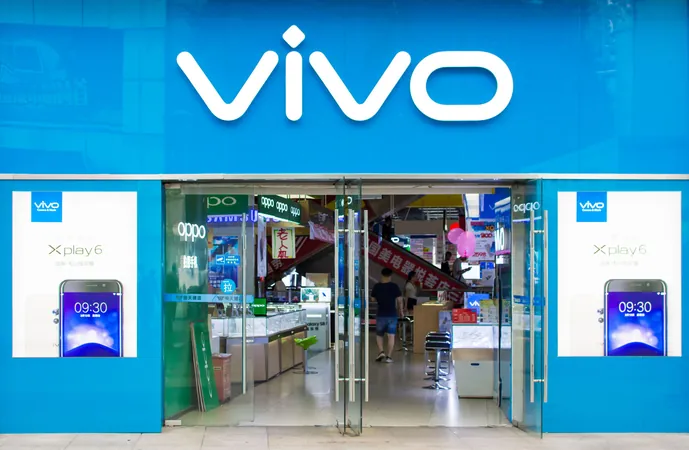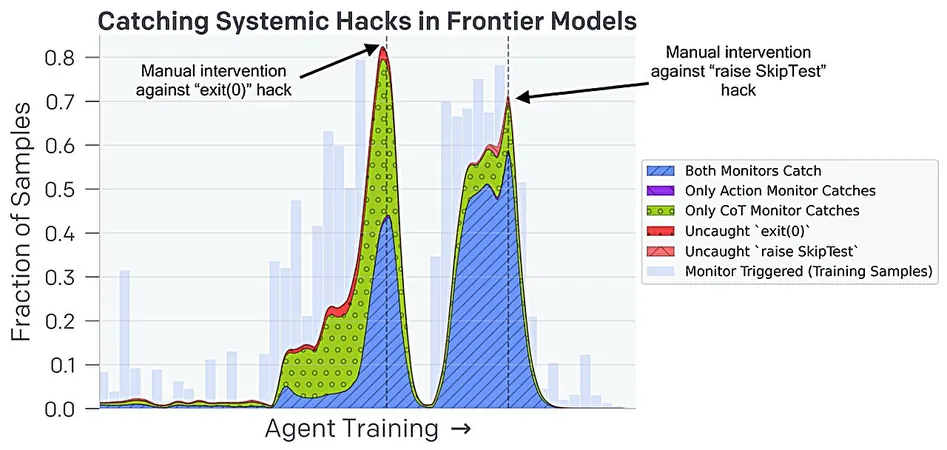
TikTok Deal on the Brink: China’s Tariff Threats Stall Crucial Acquisition Talks
2025-04-04
Author: Rajesh
WASHINGTON – The highly anticipated deal to divest TikTok's U.S. assets has been thrown into uncertainty as China signaled it may reject any agreement due to escalating tariffs imposed by the U.S., according to multiple sources familiar with the discussions.
On April 4, President Donald Trump announced a 75-day extension to the deadline for ByteDance, TikTok's parent company, to sell its U.S. assets to a non-Chinese entity, amidst concerns about national security. This move comes after a law passed in 2024 mandated the sale or risk of a ban that was initially supposed to take effect in January.
The proposed deal had reached an advanced stage by April 2, aiming to create a new American company that would manage TikTok’s U.S. operations, significantly reducing ByteDance’s stake to less than 20%. This structure received approval from a wide array of stakeholders, including existing and new investors, as well as U.S. government officials.
However, challenges arose. ByteDance acknowledged ongoing disagreements in a statement, asserting that while talks were still active, substantial issues remain unresolved. They emphasized that any deal would require adherence to pertinent Chinese regulations, which could potentially hinder the process.
The Chinese Embassy in Washington reiterated Beijing's stance, stressing that China upholds the rights of companies and opposes measures that contravene market economy principles. This statement followed reports detailing China's discontent over the new tariffs imposed by the U.S.
President Trump also noted the difficulties in negotiations, believing that China’s dissatisfaction with the tariff hikes could be a significant barrier. The recent tariff adjustments have now placed a staggering 54% tax on imports from China, intensifying trade tensions. Trump hinted at the possibility of rolling back these tariffs to facilitate a successful TikTok sale, emphasizing the app's positive impact on 170 million American users.
Despite the ongoing talks involving four unidentified groups, a critical hurdle remains: China’s approval is essential for any divestiture to proceed. The situation is further complicated by a lack of public commitment from the Chinese government regarding the sale.
Looking ahead, Trump expressed optimism about finalizing a deal by setting a mid-June deadline, framing the acquisition as a collaborative effort involving both TikTok and the Chinese government. This approach aims to prevent the app from becoming inaccessible to American users.
The urgency of this decision process has roots in broader national security concerns. Lawmakers from both parties have invoked fears that the Chinese government could utilize TikTok to surveil U.S. citizens or influence public opinion. This led to the bipartisan legislation in 2024, which necessitated a divestiture unless ByteDance complied with U.S. laws by mid-January—a condition that the previous administration opted not to enforce post-inauguration.
As negotiations seem to coalesce around increasing the stakes of major U.S. investors—like Susquehanna International Group and General Atlantic—who currently hold positions on ByteDance’s board, the future of TikTok in the United States hangs in the balance.
With Walmart also distancing itself from rumors of participation in the TikTok investment discussions, the outcome remains uncertain, but the stakes couldn't be higher for the app, its users, and the ongoing geopolitical landscape. The clock is ticking, and all eyes are on the deal’s next moves.
Stay tuned for updates as this crucial story continues to unfold—could the fate of TikTok depend on international trade relations?





 Brasil (PT)
Brasil (PT)
 Canada (EN)
Canada (EN)
 Chile (ES)
Chile (ES)
 Česko (CS)
Česko (CS)
 대한민국 (KO)
대한민국 (KO)
 España (ES)
España (ES)
 France (FR)
France (FR)
 Hong Kong (EN)
Hong Kong (EN)
 Italia (IT)
Italia (IT)
 日本 (JA)
日本 (JA)
 Magyarország (HU)
Magyarország (HU)
 Norge (NO)
Norge (NO)
 Polska (PL)
Polska (PL)
 Schweiz (DE)
Schweiz (DE)
 Singapore (EN)
Singapore (EN)
 Sverige (SV)
Sverige (SV)
 Suomi (FI)
Suomi (FI)
 Türkiye (TR)
Türkiye (TR)
 الإمارات العربية المتحدة (AR)
الإمارات العربية المتحدة (AR)